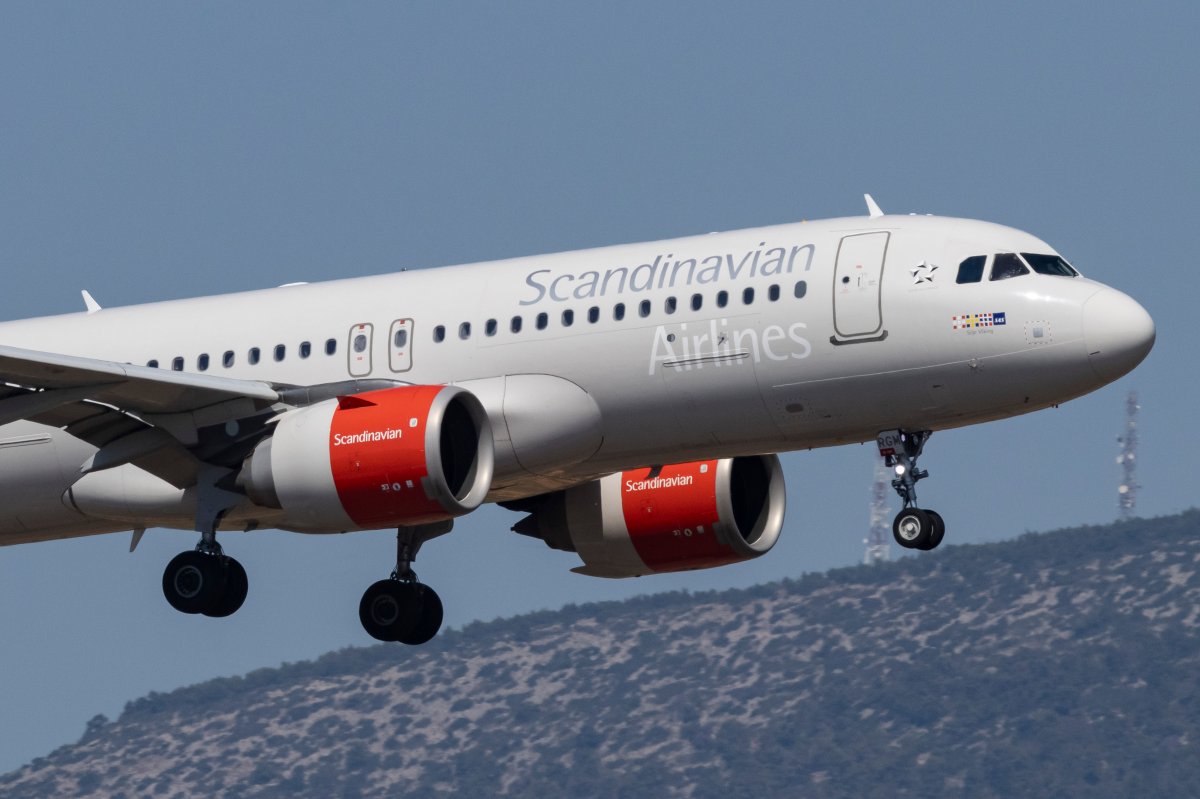A Russian man is facing federal charges after he somehow managed to fly from Denmark to Los Angeles without a passport or even a flight ticket, according to a complaint filed by the FBI.

Sergey Vladimirovich Ochigava travelled to Los Angeles International Airport on Nov. 4 after boarding Scandinavian Airlines (SK) Flight 931 from Copenhagen. When Ochigava landed in L.A. and attempted to go through U.S. customs, a border agent found no record of the passenger in any of their systems.
When questioned by the FBI, Ochigava claimed he hadn’t slept in three days and did not remember how he got on the flight or through security without the proper documents.
Ochigava was charged as a stowaway in a Dec. 5 arraignment and pleaded not guilty. He remains in custody while awaiting his next court date, scheduled for Dec. 26. If Ochigava is found guilty he could be sentenced to up to five years in prison.

A legal complaint, filed in U.S. District Court for Central California and prepared by FBI special agent Caroline A. Walling, provides details about the man that raise even more questions about his strange actions.

Get breaking National news
Walling notes that most of the crew on SK Flight 931 “noticed” Ochigava during the flight because “he wandered around the plane and kept changing his seat.”
“In addition, he asked for two meals during each meal service, and at one point attempted to eat the chocolate that belonged to members of the cabin crew,” the complaint reads.
One member of the cabin crew added that Ochigava tried to talk to numerous other passengers on the flight, though they mostly “ignored him.”
When the plane landed in Los Angeles, Ochigava approached the U.S. Customs and Border Protection (CBP) inspection area and “gave false and misleading information about his travel to the United States, including initially telling CBP that he left his U.S. passport on the airplane.”
While waiting to hear back from an airline representative who could help locate Ochigava’s supposedly lost passport, a border agent attempted to process the Russian man.
The agent tried multiple times to find Ochigava’s name in the CPB system but it was nowhere to be found. The CPB system includes the information of every person who has booked a flight to the U.S.
“The CBP officer had never encountered a situation where a passenger in the CBP inspection area was not in the CBP system,” the FBI complaint reads.
Ochigava was detained as a stowaway and a station manager for Scandinavian Airlines later confirmed that “they were ‘plus one’ on the passenger load for SK 931.”
Border agents searched Ochigava’s bag and found what “appeared to be Russian identification cards and an Israeli identification card,” federal officials said in court documents. They also found in his phone a photograph that partially showed a passport containing his name, his date of birth and a passport number but not his photograph, they said.
Ochigava told FBI agents he has a doctorate in economics and marketing and that he had last worked as an economist in Russia.
“Ochigava claimed he had not been sleeping for three days and did not understand what was going on,” the complaint said.
He told officials he might have had a plane ticket to come to the United States, but he was not sure. He also said he didn’t remember how he got through security in Copenhagen and wouldn’t explain what he was doing in the Danish city, according to the complaint.
An aviation expert told the Los Angeles Times that this incident is highly unusual and might suggest that Ochigava had inside knowledge of airline operations in order to board a flight without a ticket or passport.
“I have never heard of such a robust effort,” said Mark Gerchick, former chief counsel for the Federal Aviation Administration. “I have heard of cases of people sneaking on planes, but this is another level.”
A Copenhagen Airport official stated that they are working with authorities in the U.S. investigating the incident.
“We take the matter very seriously, and it will be included in the work we continuously do to adjust and tighten our guidelines to improve security.”
— With files from The Associated Press











Comments